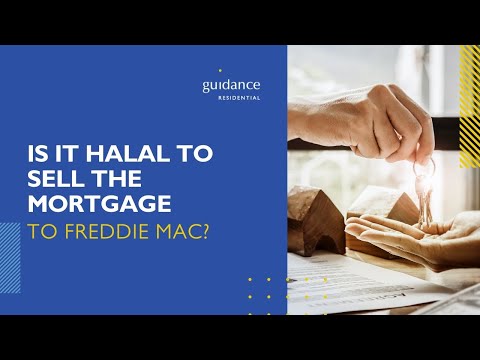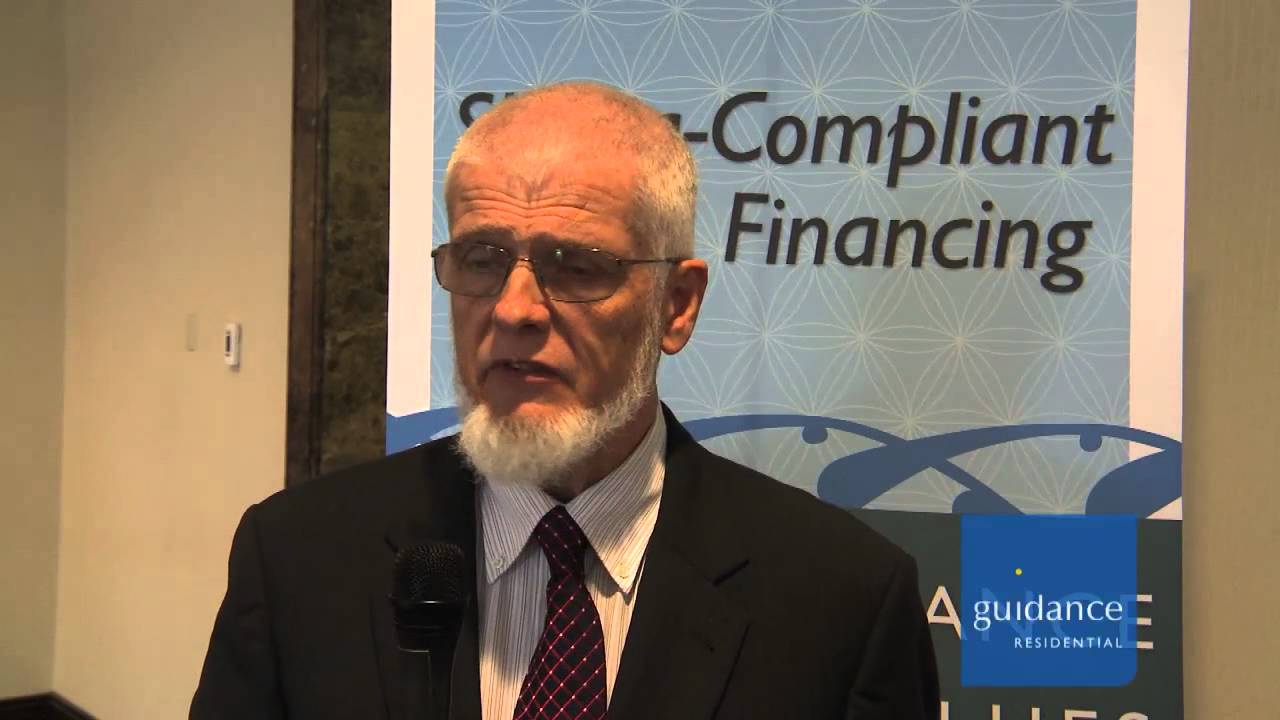Islamic home financing webinar: Finding social justice in authentic classic teachings

As concerns grow over social justice in America, businesses have started looking around for ways to attract customers by beginning to demonstrate a concern for equity and justice.
In the world of Islamic finance, there’s no need to go looking, because those values have always remained at the core of Islamic financial principles. And that’s drawing a fast-growing number of Americans to choose an Islamic alternative to a mortgage loan when they buy or refinance their home.
Learn why at a webinar Nov. 1 on Islamic home finance and its benefit to society. This free webinar will be headlined by three top global scholars on Islamic finance. Sign up now for “Islamic Finance and the Positive Impact on Society.”
Islamic financial transaction principles are meant to establish a fair and balanced approach in dealings between financiers and their customers, according to Justice Muhammad Taqi Usmani, a leading international scholar who will speak at the webinar. Justice Usmani is an expert on hadith, Islamic jurisprudence and Islamic finance. He is chairman of an international shariah council for Islamic financial institutions, as well as a member of Guidance Residential’s Shariah Board like the other two speakers.
The pre-eminent approach to Islamic finance in America is a co-ownership model – which as the name indicates is an inherently more equitable arrangement than the lender-borrower relationship of a conventional mortgage loan. Guidance Residential and the homeowner buy a property together, and the customer gradually buys out the company’s stake. The oppressive practice of riba, roughly translated as interest, is completely absent from this arrangement.
Justice Usmani points out that Islamic financial principles have a stabilizing effect on the economy. For example, Islamic financial principles require transactions to be backed by assets, as opposed to a mortgage loan, which is essentially the buying and selling of money, something that has no intrinsic value. Asset-backed transactions inhibit the kind of speculation that contributes to the turmoil we see in today’s economy. Practices like these foster a healthy and vibrant economy where prosperity is shared.
Introducing an Islamic model of home financing was a challenge within America’s interest-based financial system. Guidance Residential dedicated three years to meticulous research before launching a groundbreaking co-ownership model in 2002. This approach was firmly grounded in authentic values while following U.S. and state regulations.
This determination to create a permissible path for Muslims to own homes produced one of the most unique home financing structures to hit the U.S. market in the last two decades, as Shaykh Yusuf Talal DeLorenzo will discuss. Shaykh DeLorenzo, a leading scholar of Islamic finance in the United States. He explains how the Islamic alternative to a mortgage is consumer friendly, making it attractive for both Muslims and non-Muslims.
One way Islamic home financing is consumer friendly is by extending protections beyond that is required by regulatory bodies in the United States, and the third speaker will discuss those protections. Dr. Imran Ashraf Usmani will discuss how this added layer of consumer-friendly measures is unrivaled.
Along with the protections of individual consumers, Isamic financial practices benefit communities as a whole by preventing the excessive accumulation of wealth in the hands of a few people. And this more even distribution of wealth and broader protections uplift our communities.
Don’t miss the chance to learn more from these global experts who are joining together for this special event. Reserve your spot now.
Your Guidance Residential Account Executive is here to help with any questions. Looking to refinance or purchase? Rates have dropped to historic lows! Have a friend or family member who is looking for a home? Call 1.866.Guidance, or start an application today!




